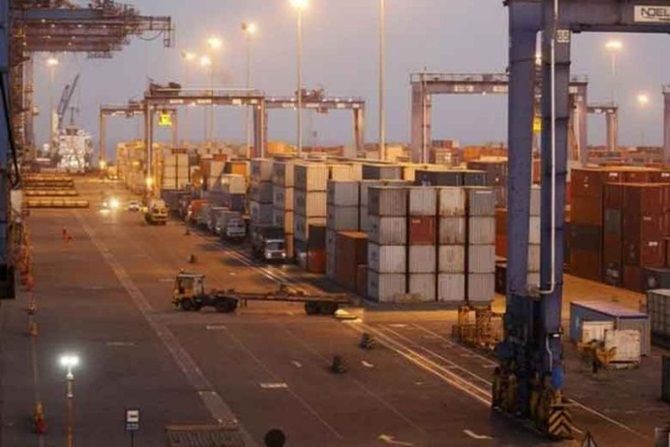In its final order, the environment ministry had concluded that the upfront payment of Rs 200 crore as Environment Restoration Fund for violations and damage done was not permitted under the Environment Protection Act.
Consequent to this order, the penalty that could be imposed on any confirmation of violation in the future is a maximum of Rs 1 lakh.

The Ministry of Environment, Forests and Climate Change has stated that the inference drawn by a report published in Business Standard on July 2 (Govt cancels Rs 200-crore green fine on Adani) is not correct.
In a rejoinder issued last week, the ministry said the National Democratic Alliance government had not cancelled the fine of Rs 200 crore (Rs 2 billion).
The fact, according to the ministry, was that the ministry had in April 2014 noted that its show-cause notice for the creation of the Environment Relief Fund was not backed by any law under the Environment (Protection) Act, 1986, or EP Act and was not legally correct.
The government under the United Progressive Alliance in 2013 had issued a show-cause notice to Adani Port and SEZ Ltd, based on a report by a Sunita Narain-headed Committee for creation of ERF at the rate of one per cent of the project cost or Rs 200 crore, whichever was higher, for remediation of environment damage in Mundra, for protection of marine ecology, mangroves and restoration of creeks, etc.
However, the ministry has pointed out that the government in April 2014 made a noting declaring the creation of ERF as not supported by any law and, therefore, it noted that the ERF is not legally correct.
The ministry has added that “in September 2015, the government under the National Democratic Alliance, after having satisfied with the necessity to undertake restoration of degraded environmental components and further conservation as recommended by the Sunita Narain Committee, directed for more stringent conditions with open-ended financial commitment by APSEZL for financing the study; restoration and integrated conservation for protection of creeks, mangrove areas, conservation of Bocha island”.
This decision of the ministry, according to the government, is much more stringent than asking for Rs 200 crore from APSEZL because, in this case, whatever has been recommended by the Sunita Narain Committee for damage restoration and further conservation has to be borne by APSEZL, which otherwise was limited to Rs 200 crore.
“It is amply clear that MoEF&CC has not withdrawn its demand for Rs 200-crore restoration fund. This government has passed an order in a legally correct framework and also imposed more serious responsibility upon the project proponent without any cost limit,” the clarification said.
In a separate response to the Business Standard report, a spokesperson of the Adani group said it abides by the decisions of the authorities and always upholds the law of the land in every part of the world, including in India.
In this case, the company said the fact is no final decision on the matter was ever conveyed to the company by the ministry concerned under the previous government.
“We had already submitted our reply as required under law to the concerned authorities earlier and made our stand clear,” the company has clarified. It has further stated, “We understand from some other media reports, which quote an official statement from the concerned ministry, that no such decision as reported by you has been taken. Which means the basis of the story is perhaps erroneous.”
Business Standard stands by the report, which was based on official documents showing that in its final order, the ministry had withdrawn the demand and concluded that the upfront payment of Rs 200 crore as Environment Restoration Fund for violations and damage done was not permitted under the Environment Protection Act.
Consequent to this order, the penalty that could be imposed on any confirmation of violation in the future is a maximum of Rs 1 lakh.
Also, official file notings show that the ministry under the NDA government reconfirmed the damage to the site area.
But differing from the UPA government, it internally concluded that there was no proof that existing damage had been caused by Adani.
Consequently, it did not impose a condition requiring either an upfront fund of Rs 200 crore or any penalty under the law for any existing damage or proven violations before giving the clearance, and instead asked it to pay only for conservation plans to be drawn up in future after the clearance.
The final orders do not either fix a quantum of sum or a time by which the plans would be put in place.
It must be noted that the recommendation was made by a director-rank officer in April 2014 during the UPA government.
But under the NDA government in December, his senior, the special secretary in-charge, restored the demand for the Rs 200-crore fund.
The special secretary's views were not accepted by the ministry while passing the final order in September 2015.












 © 2025
© 2025